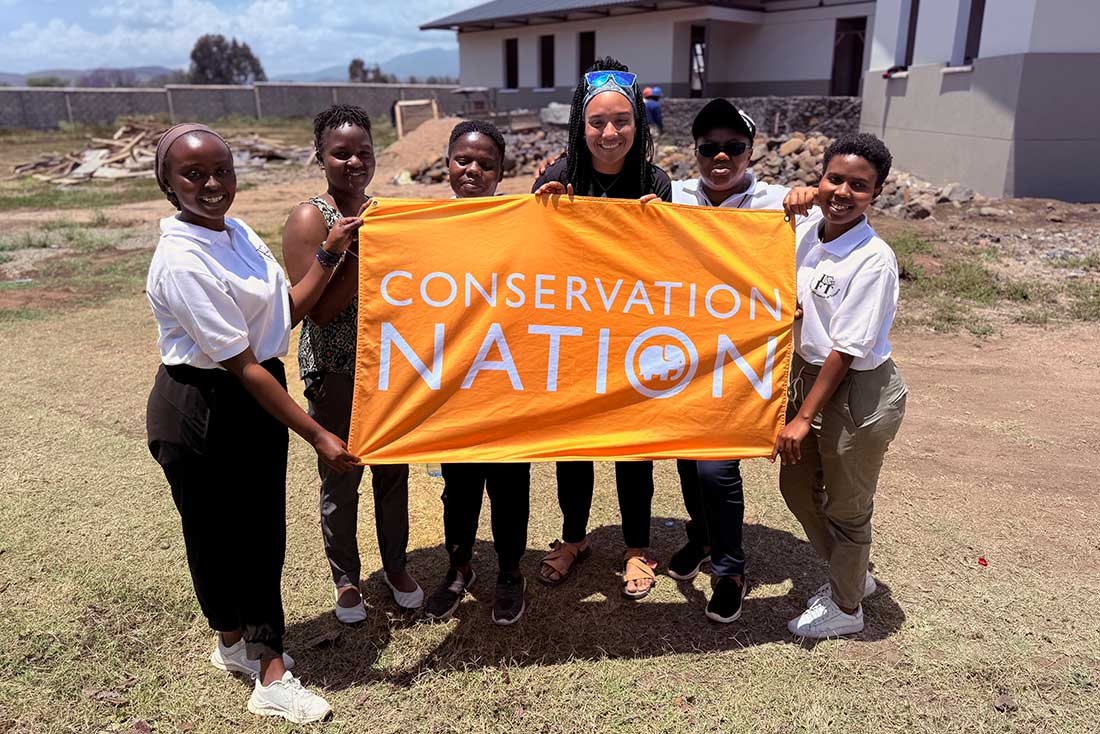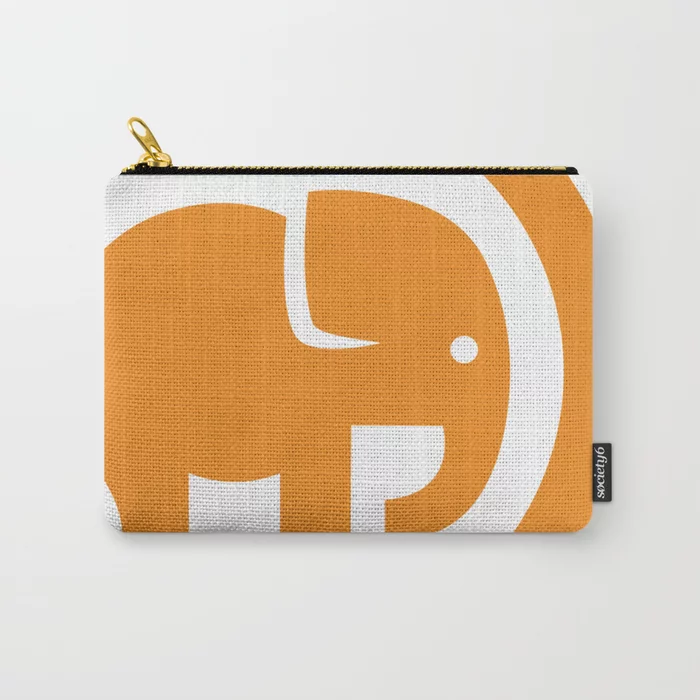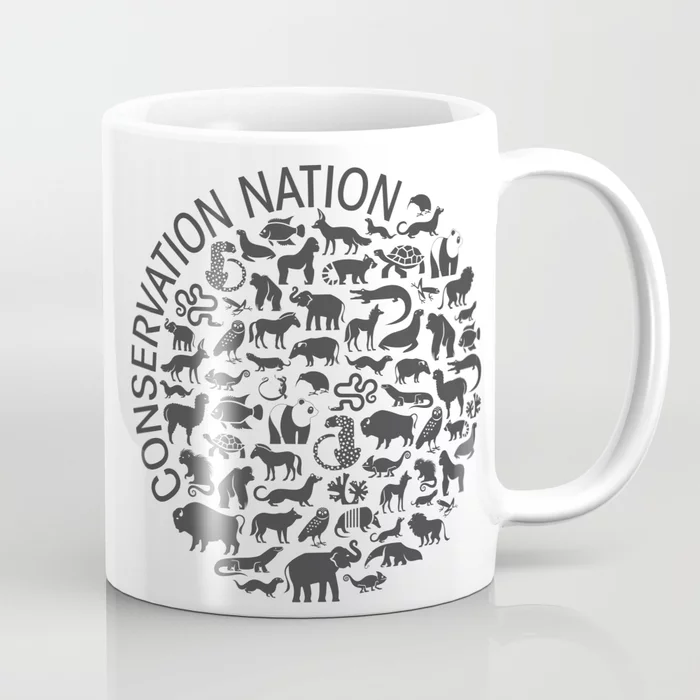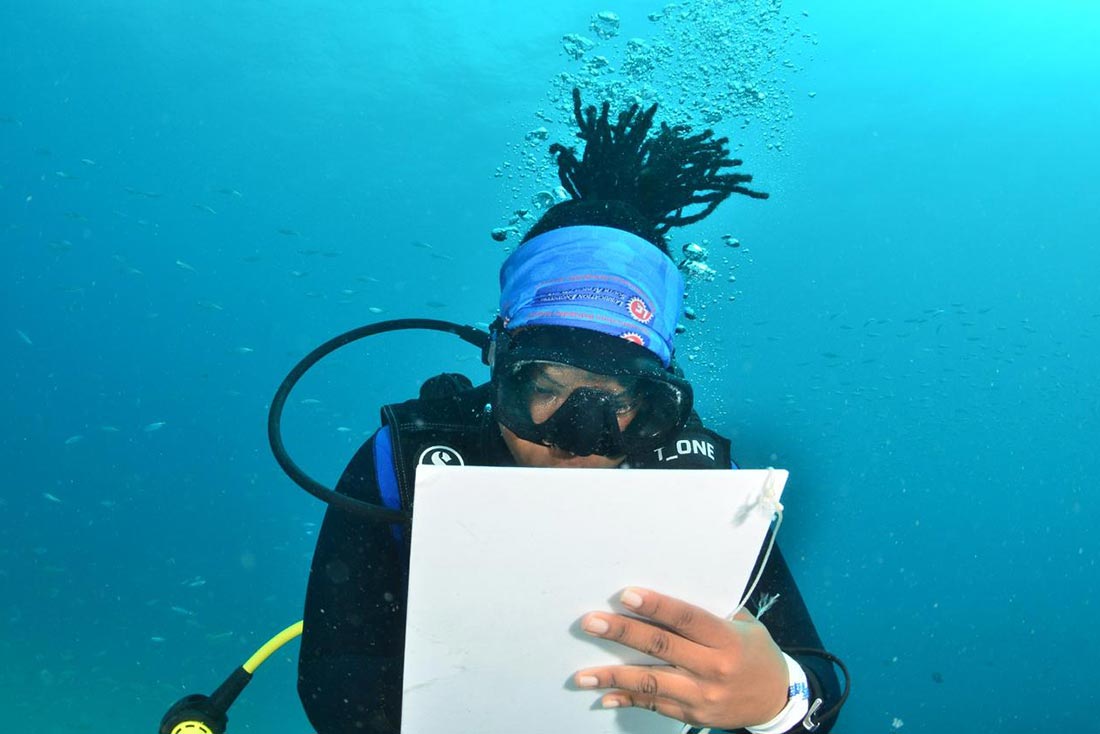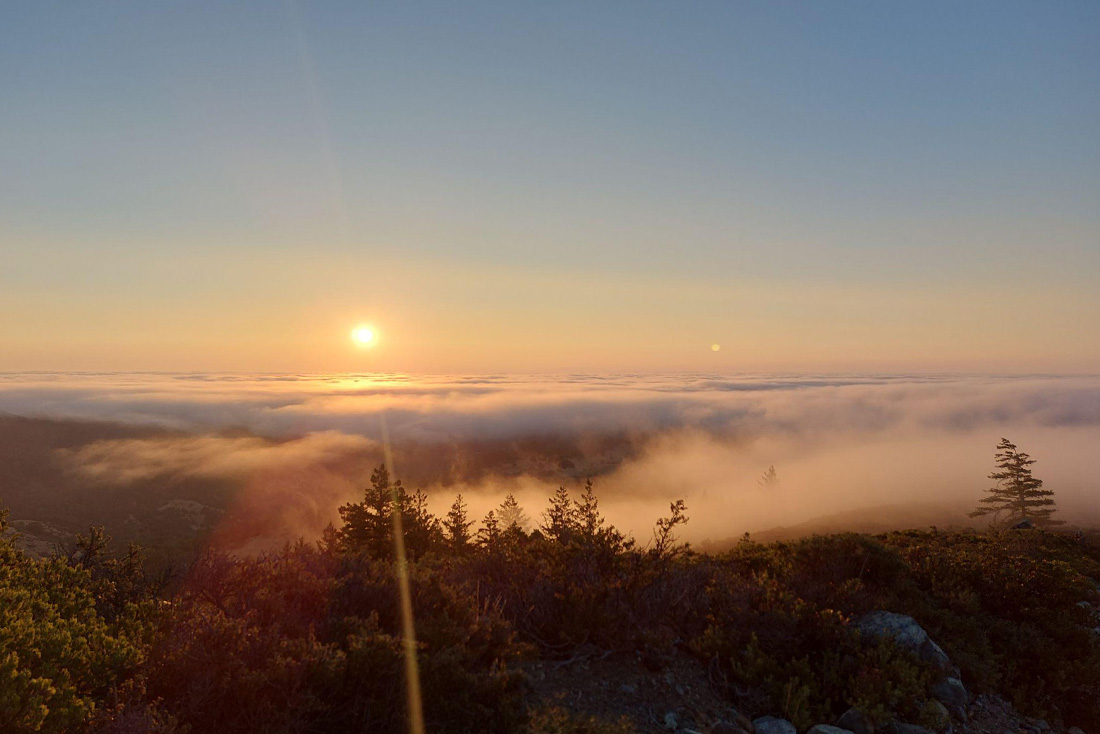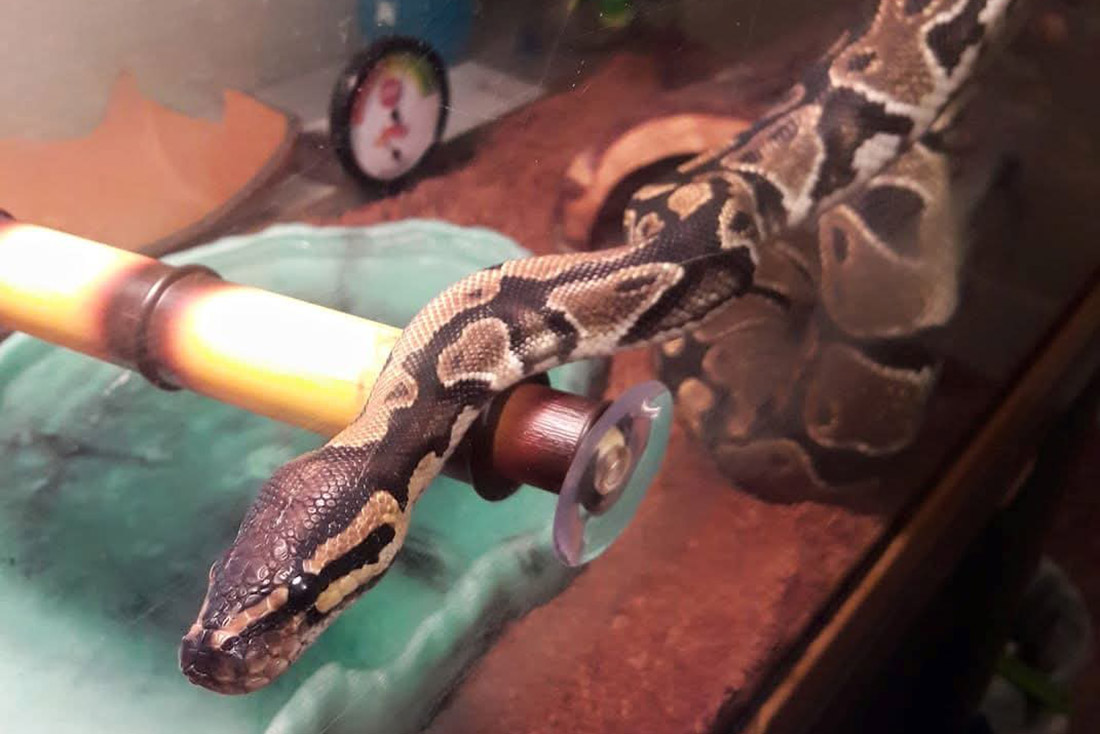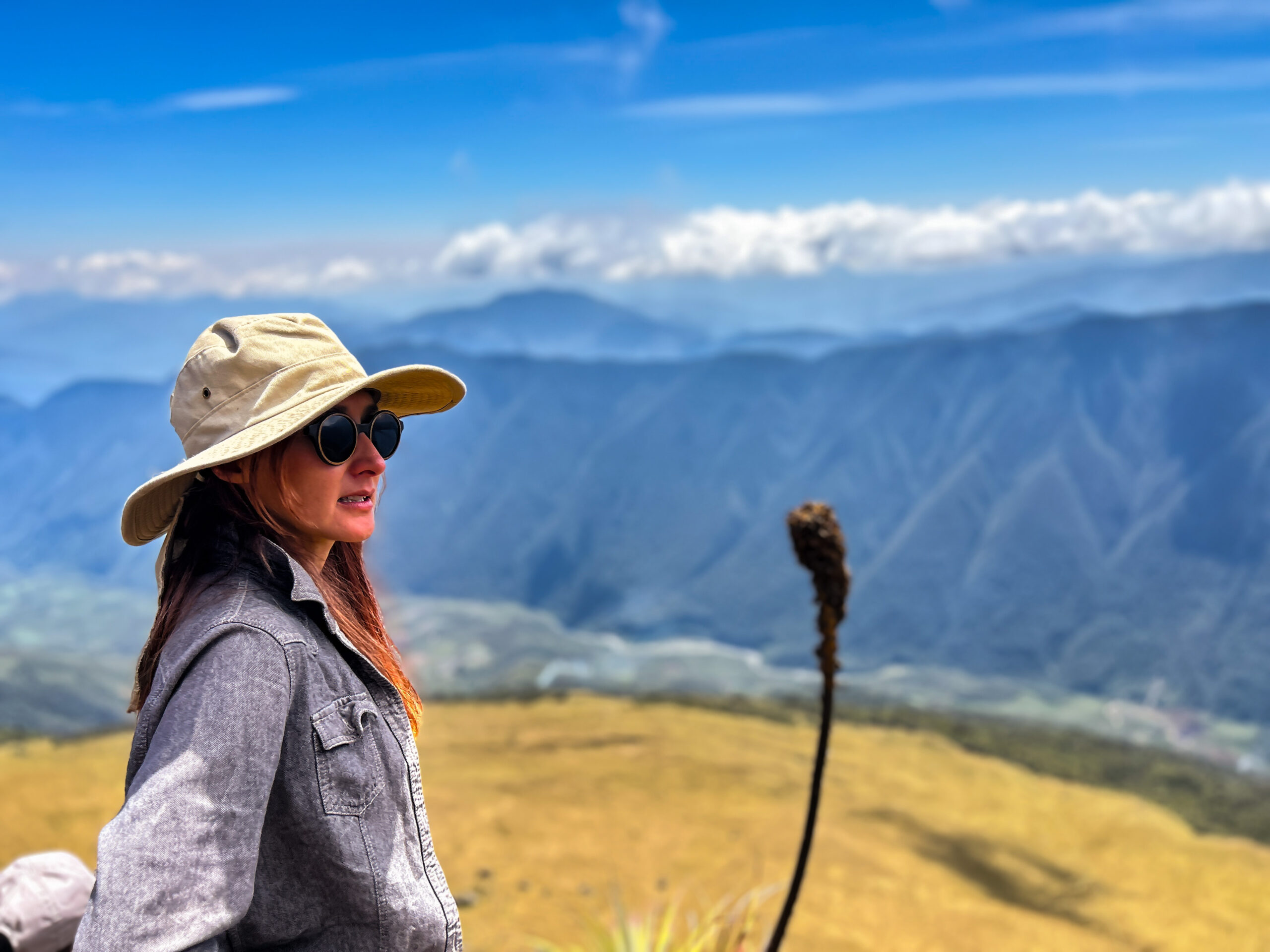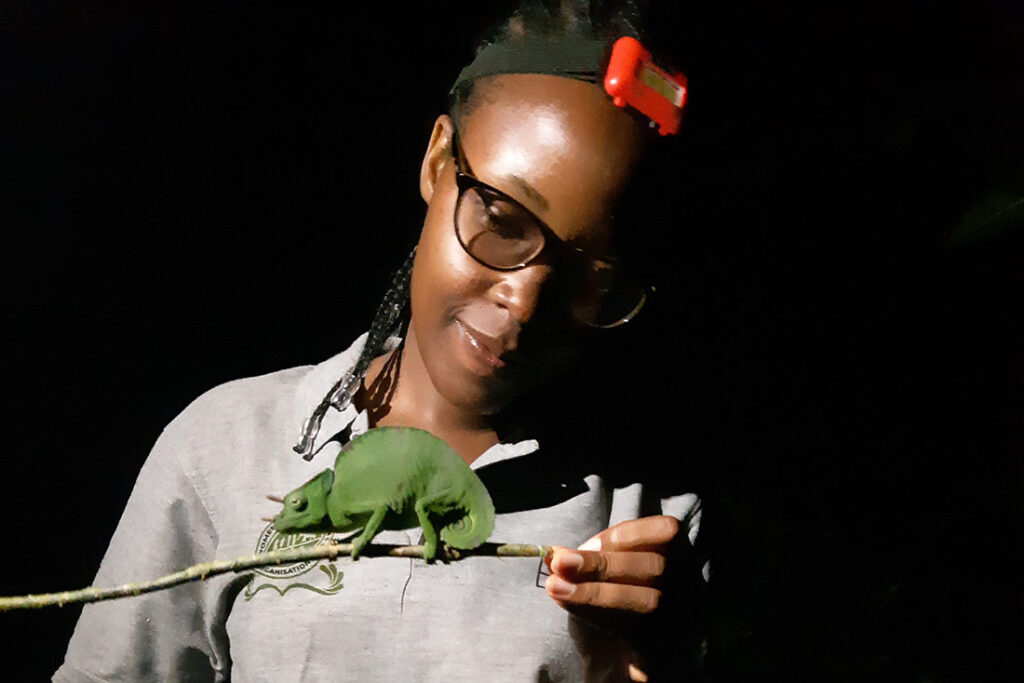Eva Johnson Ayaro is one of Conservation Nation’s 2024 conservationist grant recipients. Her passion for wildlife began during a high school trip to Serengeti National Park (SNP) in Tanzania, Africa—an experience that inspired her to obtain a bachelor’s in wildlife science and conservation at the University of Dar es Salaam.
Eva began her career with the Tanzania Wildlife Research Institute, where she contributed to a project that assessed alien invasive plant species in the SNP Grumeti Game Reserve. Additionally, she was a project officer at the Environmental Conservation for Wildlife and Community Enterprise for three years, promoting sustainable livelihoods and wildlife co-existence via community-based conservation projects. After observing a significant gender disparity in the wildlife conservation industry, she recently founded the Women in Conservation Organization (WICO) to support and empower women pursuing conservation careers. Eva is also an A.G. Leventis African Biodiversity Fellow at Oxford University and a Zoological Society of London EDGE Fellow.
Conserving Tanzania’s Critically Endangered Pygmy Chameleons
Eva has led a research project to conserve critically endangered pygmy chameleons in Tanzania since 2021. Her study examines the environmental impact caused by the illegal collection of these tiny reptiles since the 2016 government wildlife trade ban. Eva plans to present her research findings at the International Congress for Conservation Biology (ICCB) in Brisbane, Australia, in June 2025. She will use her grant funding to cover travel costs, conference registration fees, and research publication expenses.
Attending and presenting at the conference will benefit Eva in numerous ways. First, it will allow her to gain invaluable feedback from other professionals to help her refine her data analysis and enhance her project’s quality and impact before its projected publication in August 2025. It will also give her the opportunity to share critical information with global conservation experts, fostering collaboration and innovative strategies to engage communities and protect endangered species. Lastly, as a female conservationist from an underrepresented community, her participation at ICCB will contribute to greater diversity in the field, highlight the importance of gender equity in conservation, and inspire other women to pursue wildlife-focused careers.

